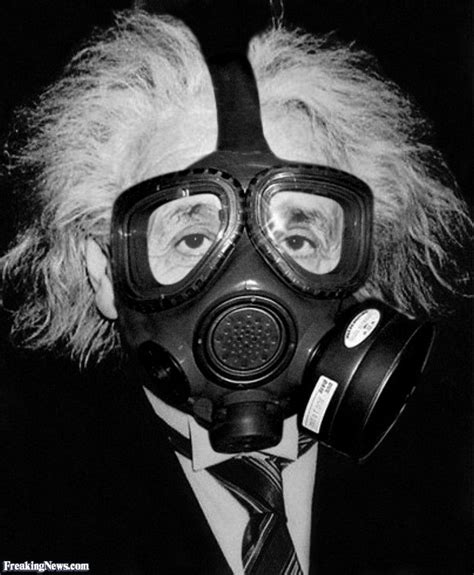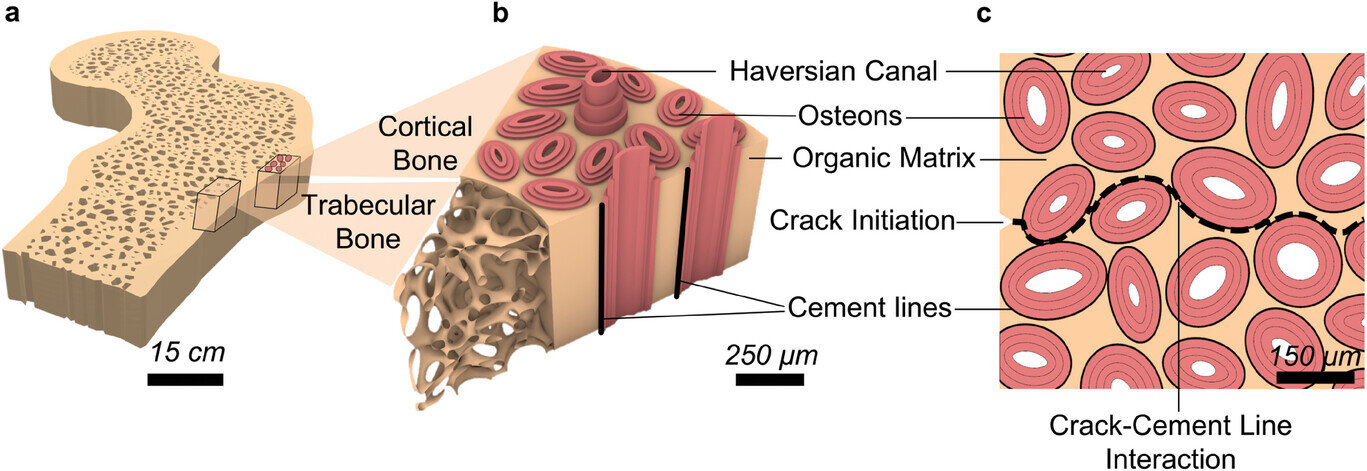Inspired by the architecture of human bone’s tough outer layer, engineers at Princeton have developed a cement-based material that is 5.6 times more damage-resistant than standard counterparts. The bio-inspired design allows the material to resist cracking and avoid sudden failure, unlike conventional, brittle cement-based counterparts.
The team was inspired by human cortical bone, the dense outer shell of human femurs that provides strength and resists fracture. Cortical bone consists of elliptical tubular components known as osteons, embedded weakly in an organic matrix. This unique architecture deflects cracks around osteons. This prevents abrupt failure and increases overall resistance to crack propagation, Gupta said.
The team’s bio-inspired design incorporates cylindrical and elliptical tubes within the cement paste that interact with propagating cracks.
Full Paper:-
Tough Cortical Bone-Inspired Tubular Architected Cement-Based Material with Disorder
https://onlinelibrary.wiley.com/doi/full/10.1002/adma.202313904



This reads like a night of hard partying with the boys by the canal.